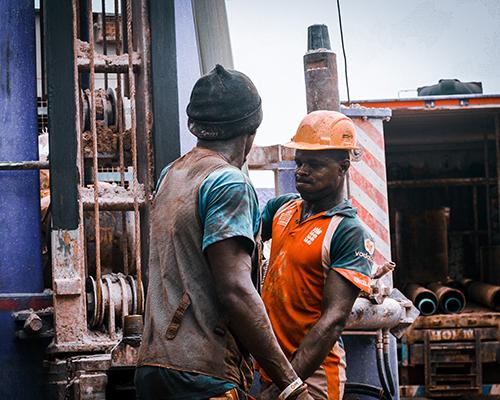CSSN Scholar Teresa Kramarz explores how environmental shocks pose various organizational risks and how this impacts the responses of affected communities.
There is widespread recognition that environmental disasters disproportionately affect the poor in developing countries, yet certain kinds of violence also strip white, middle-class communities in industrialized countries of vital resources to respond. Social vulnerability as a mutually constitutive relationship between distinct types of shocks and capacities to respond requires further research. I explore how the temporal dimension of shocks creates different types of structural risks, and articulate how these interact with the agency of affected communities. The first section deals with attributes of different environmental shocks, the second examines the agency of individuals and communities, the third analyzes the relationship between extractive industry violence and capacities for response. This generates a typology that enables us to chart the creation of vulnerable subjects. This framework also helps us develop insights into the underlying dimensions of social vulnerability and makes it possible to better classify cases of vulnerable populations.



